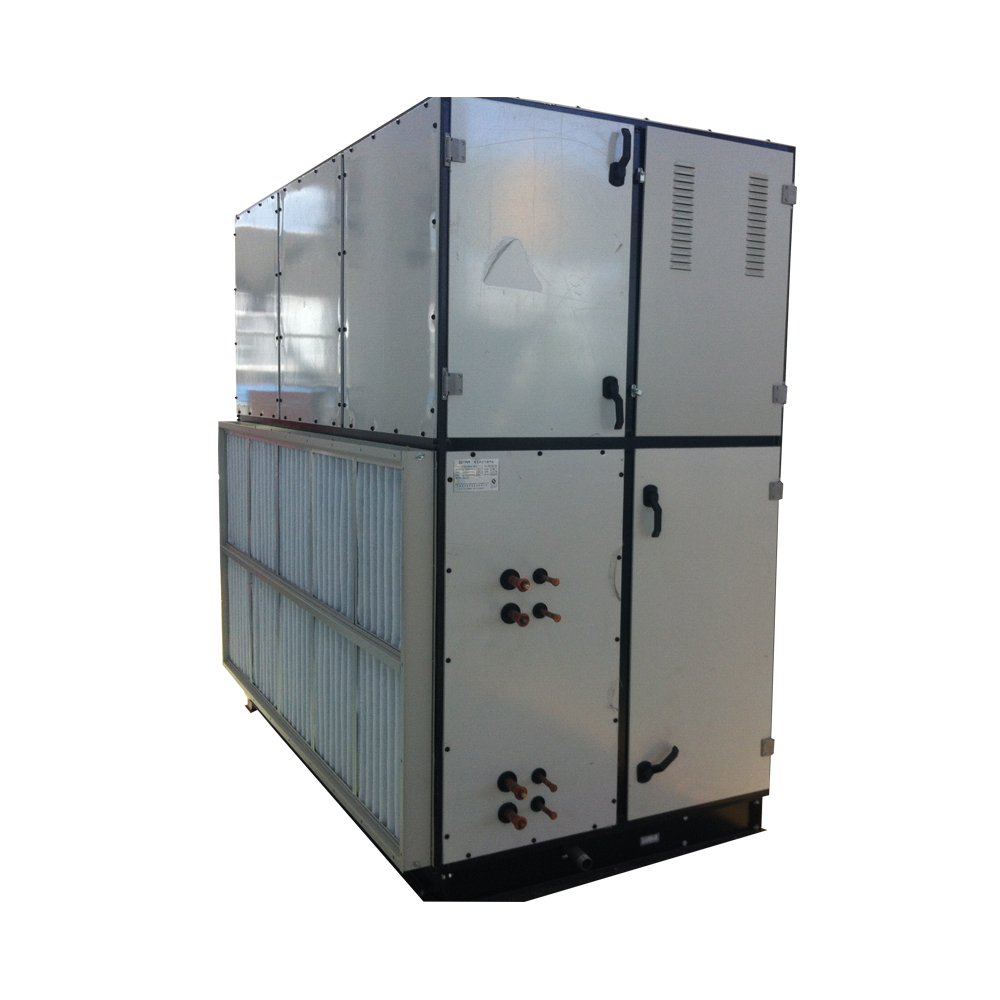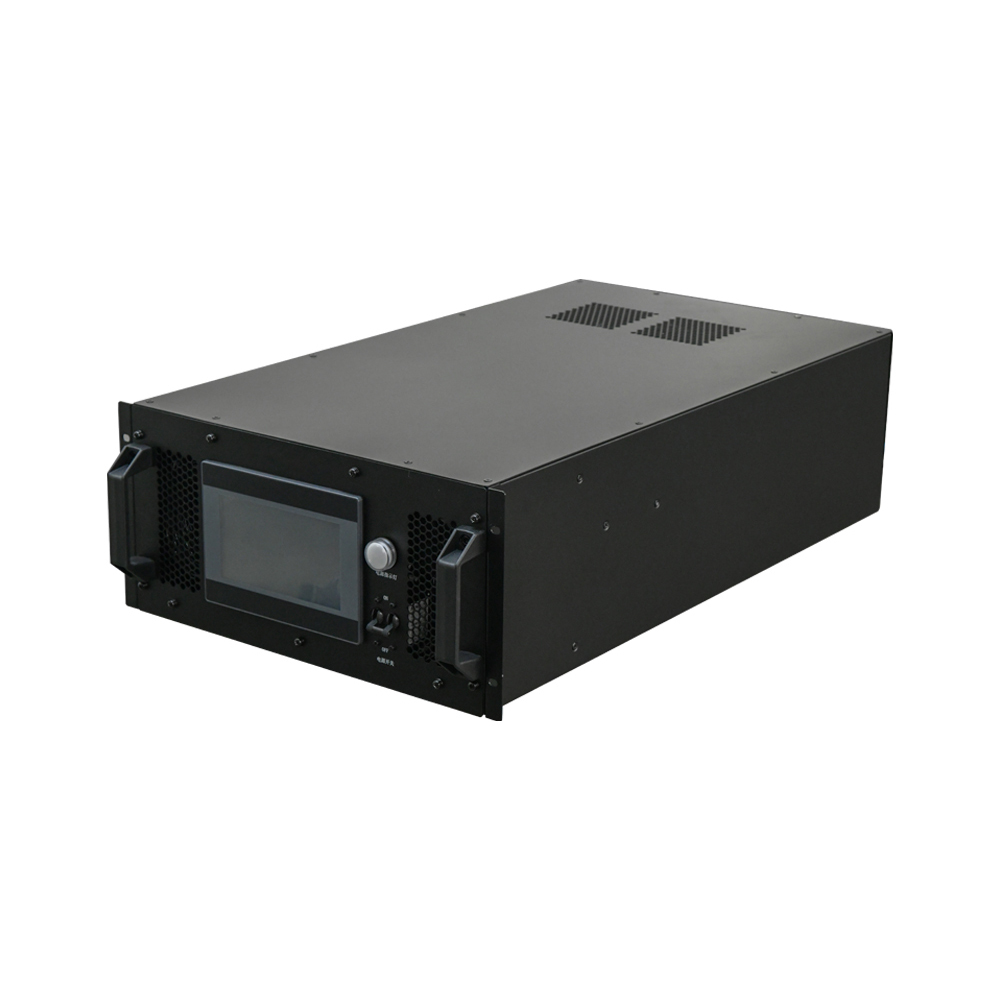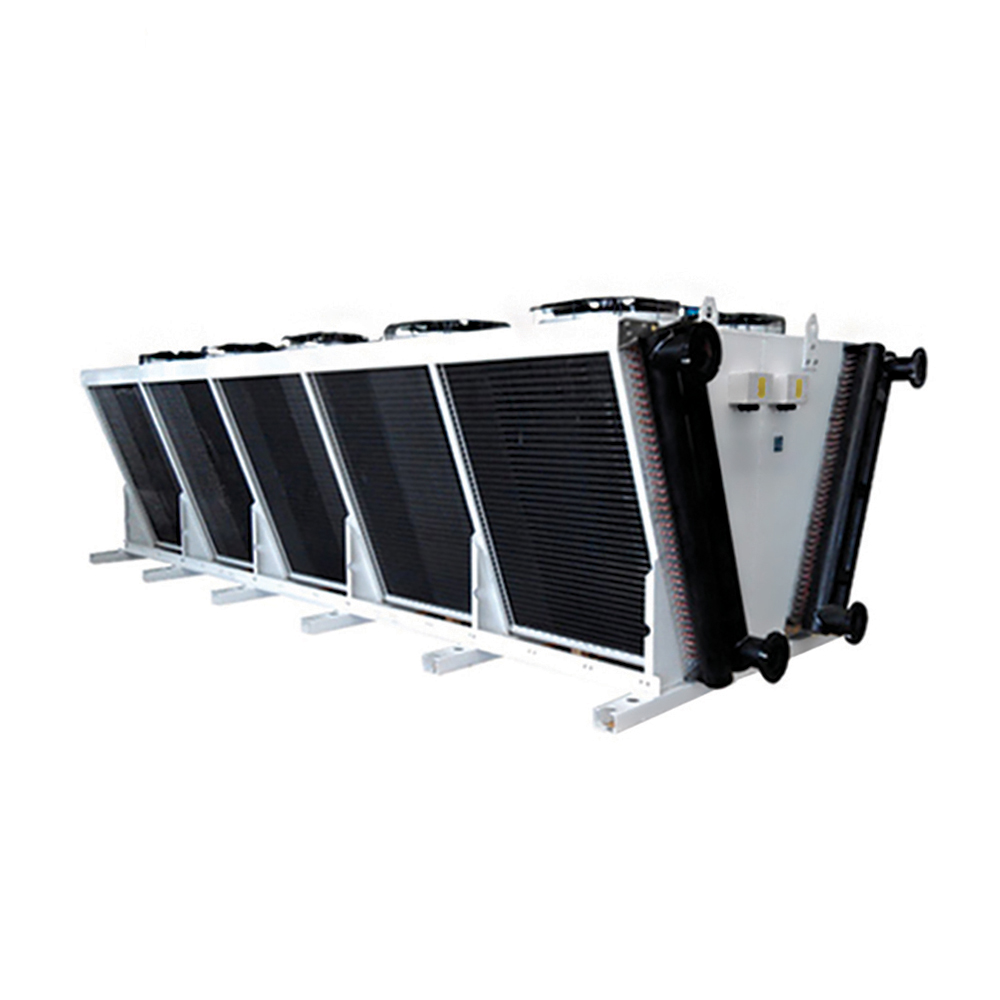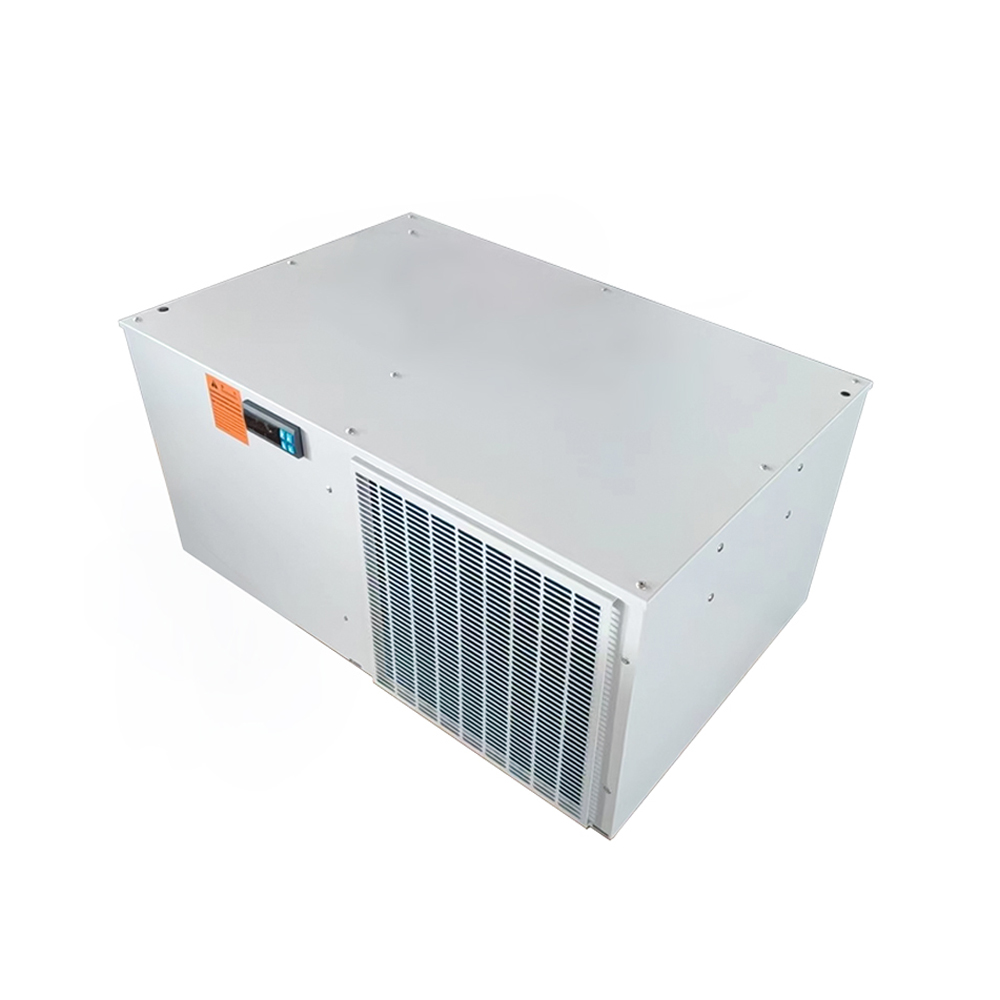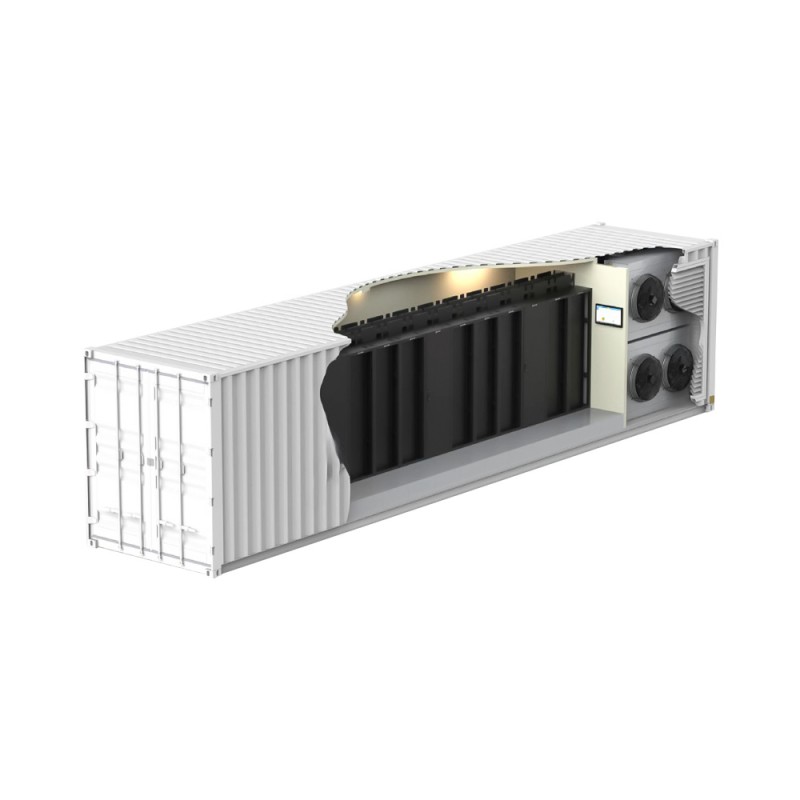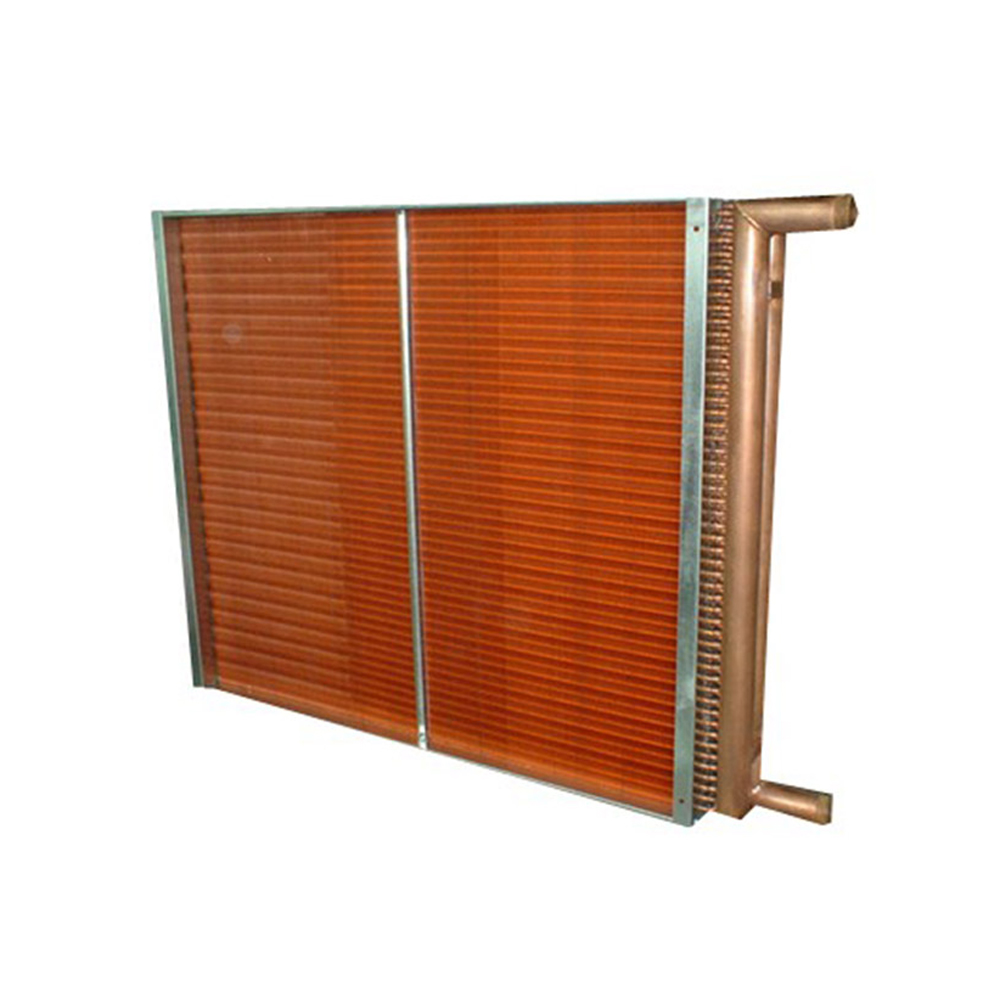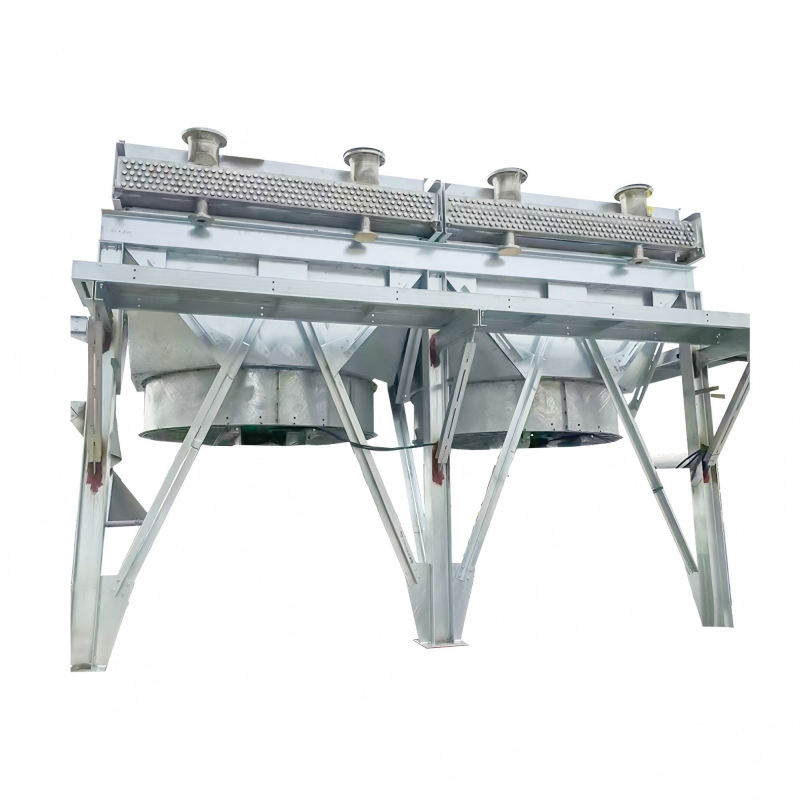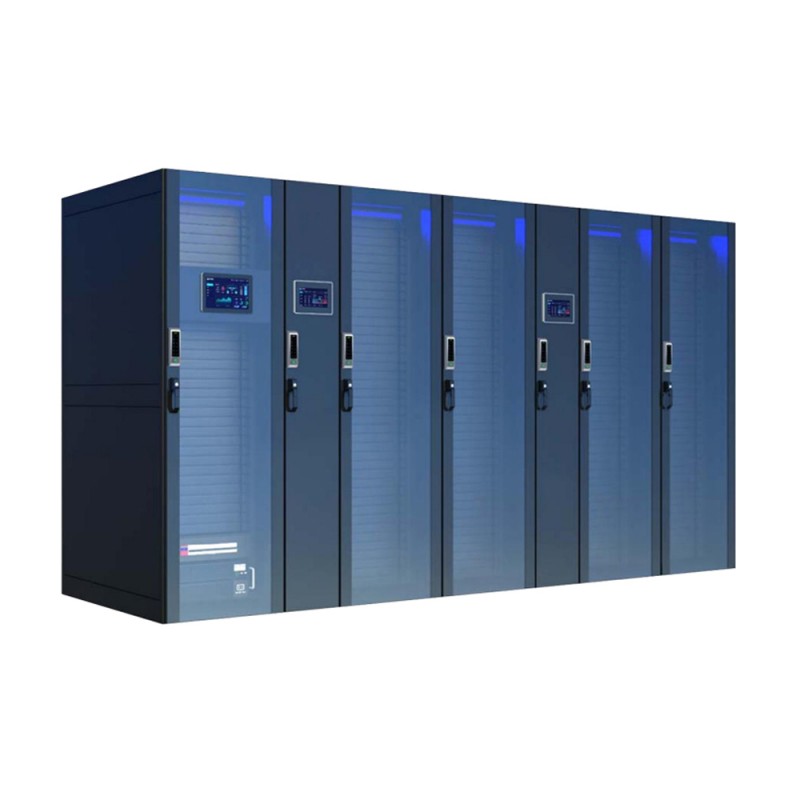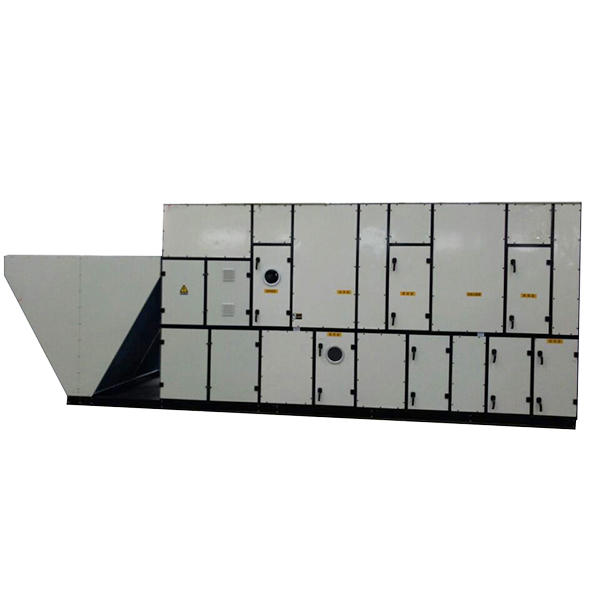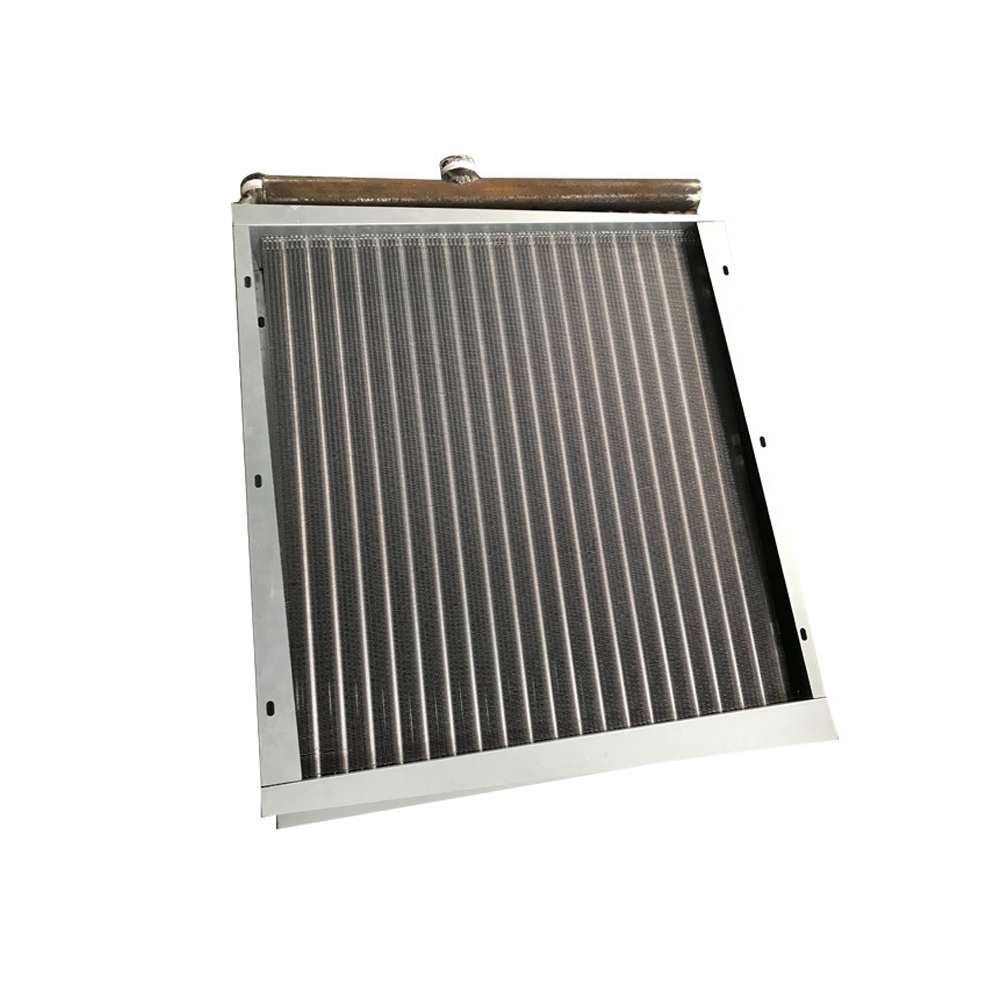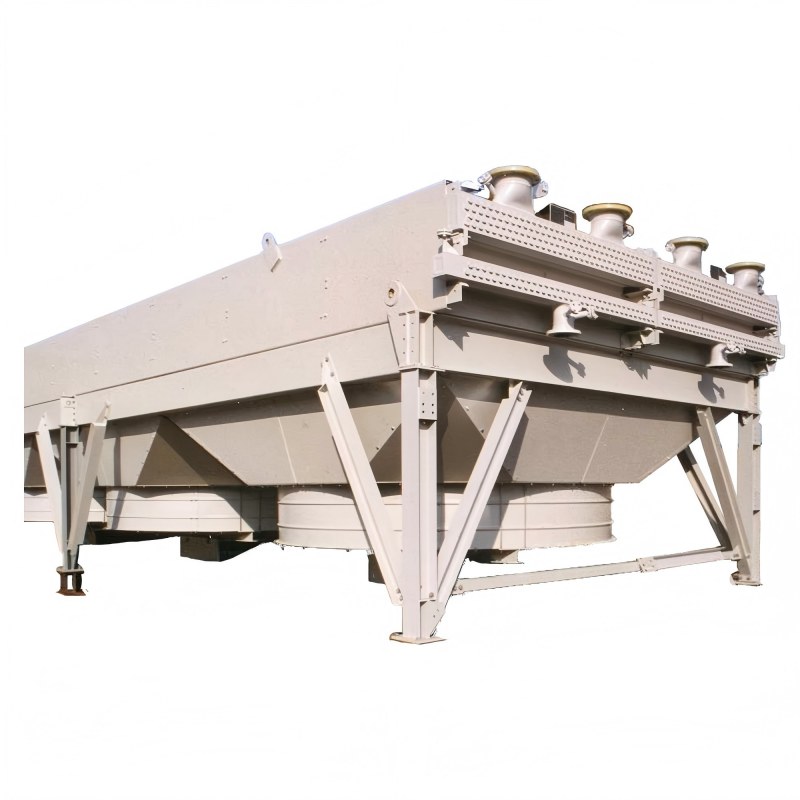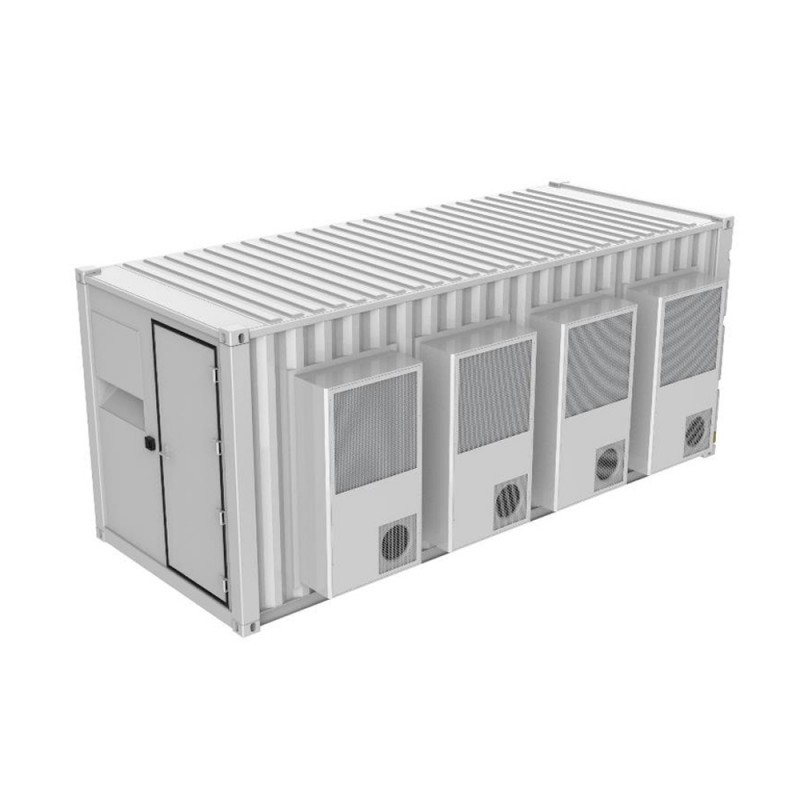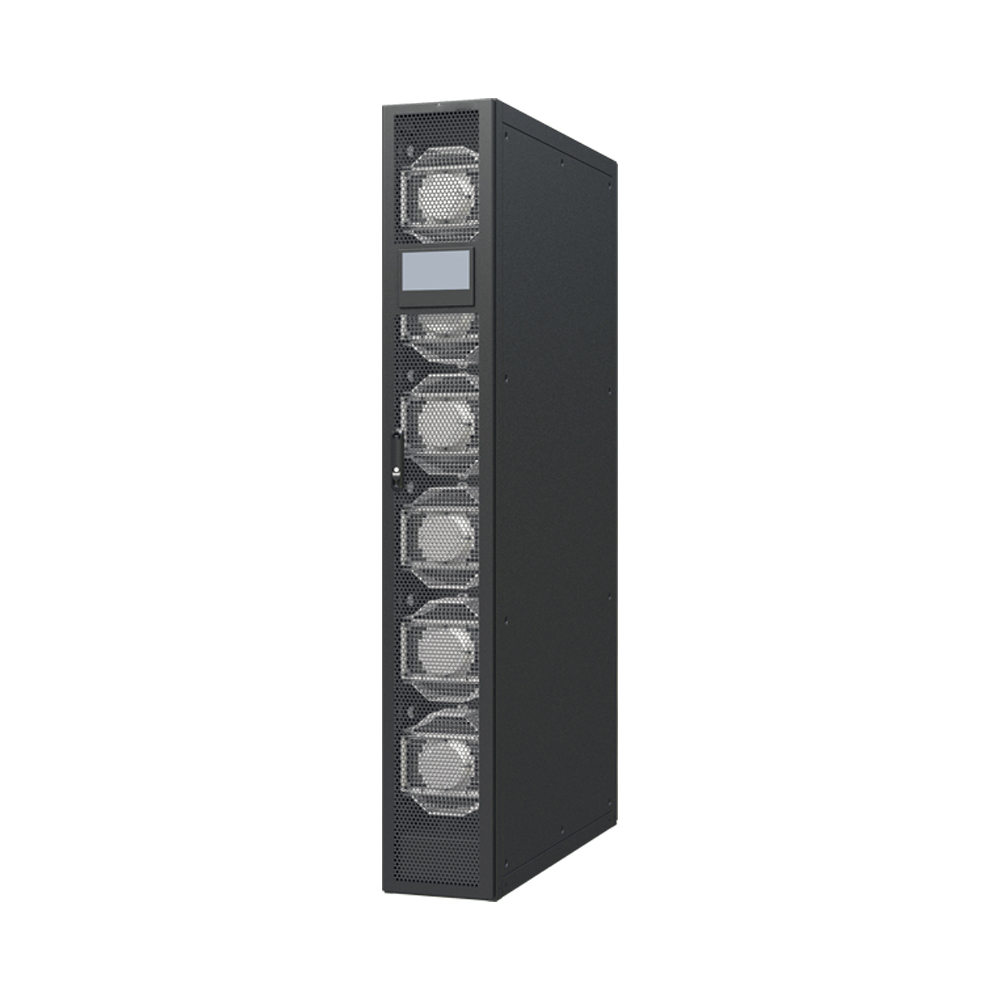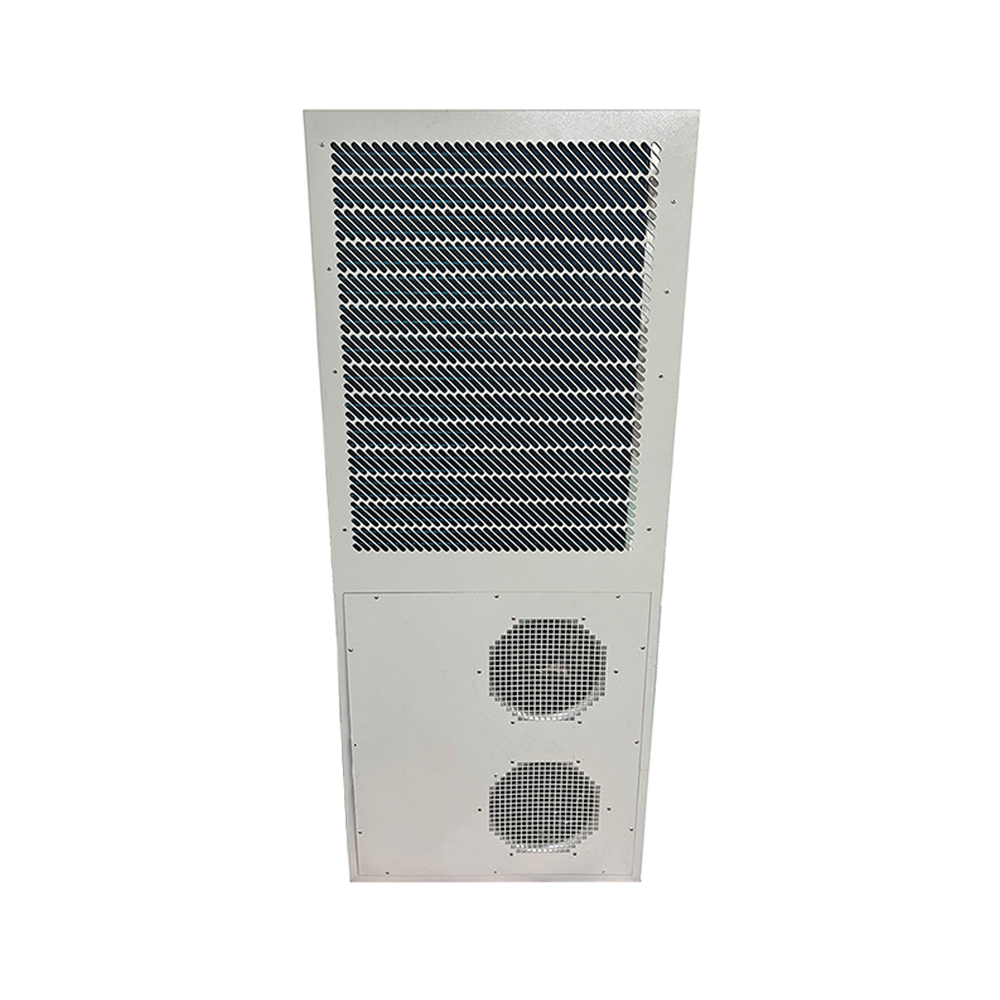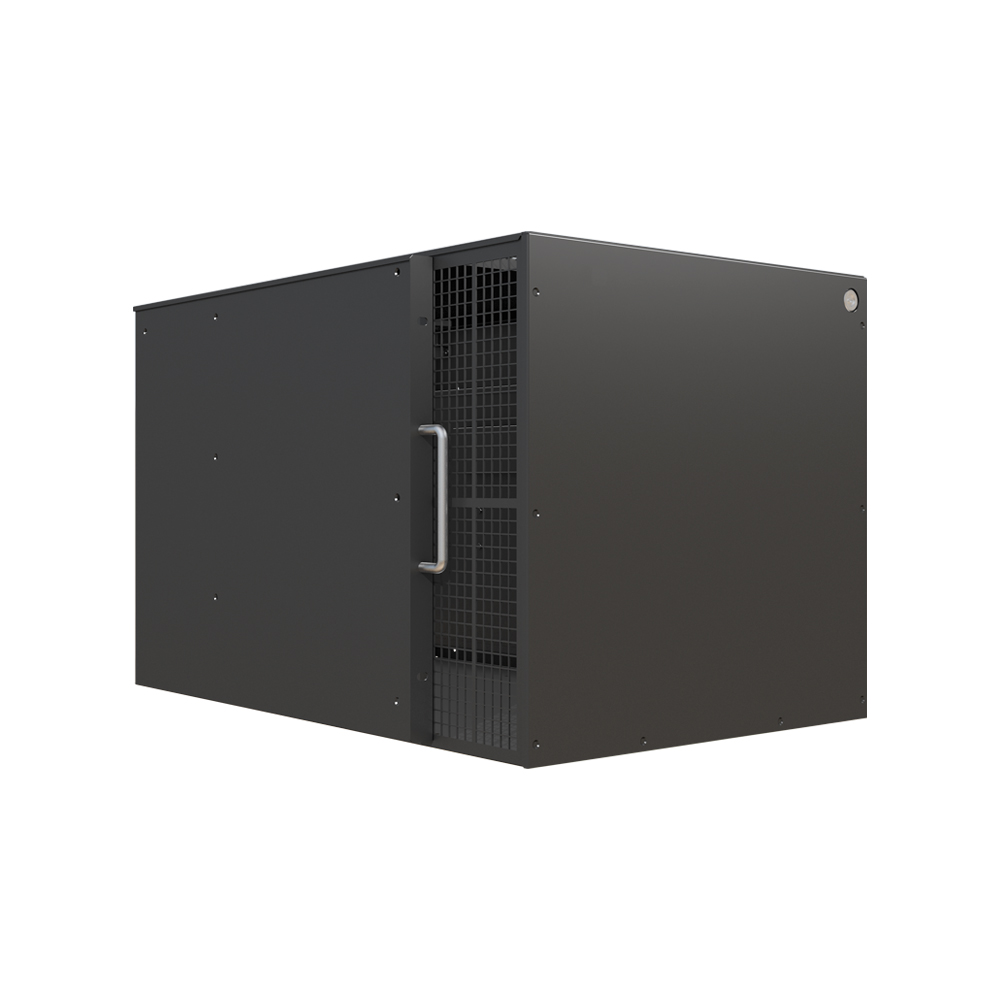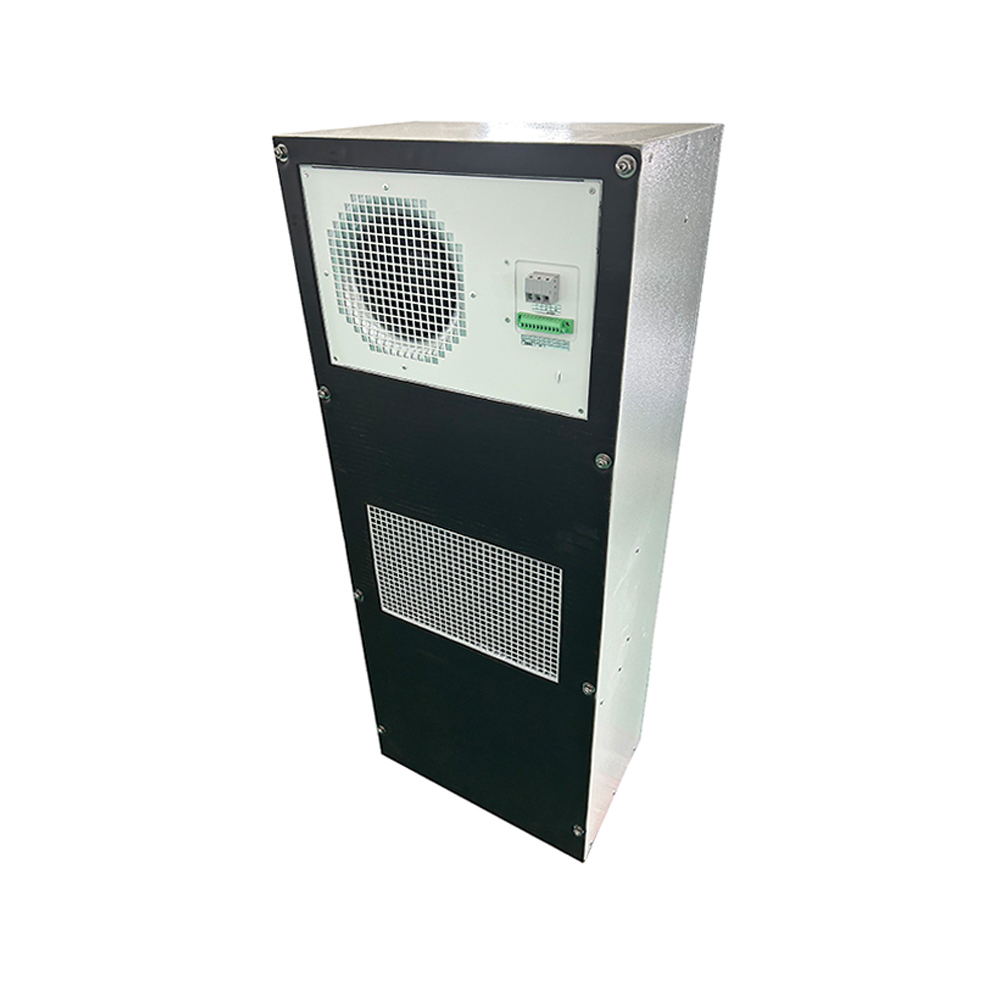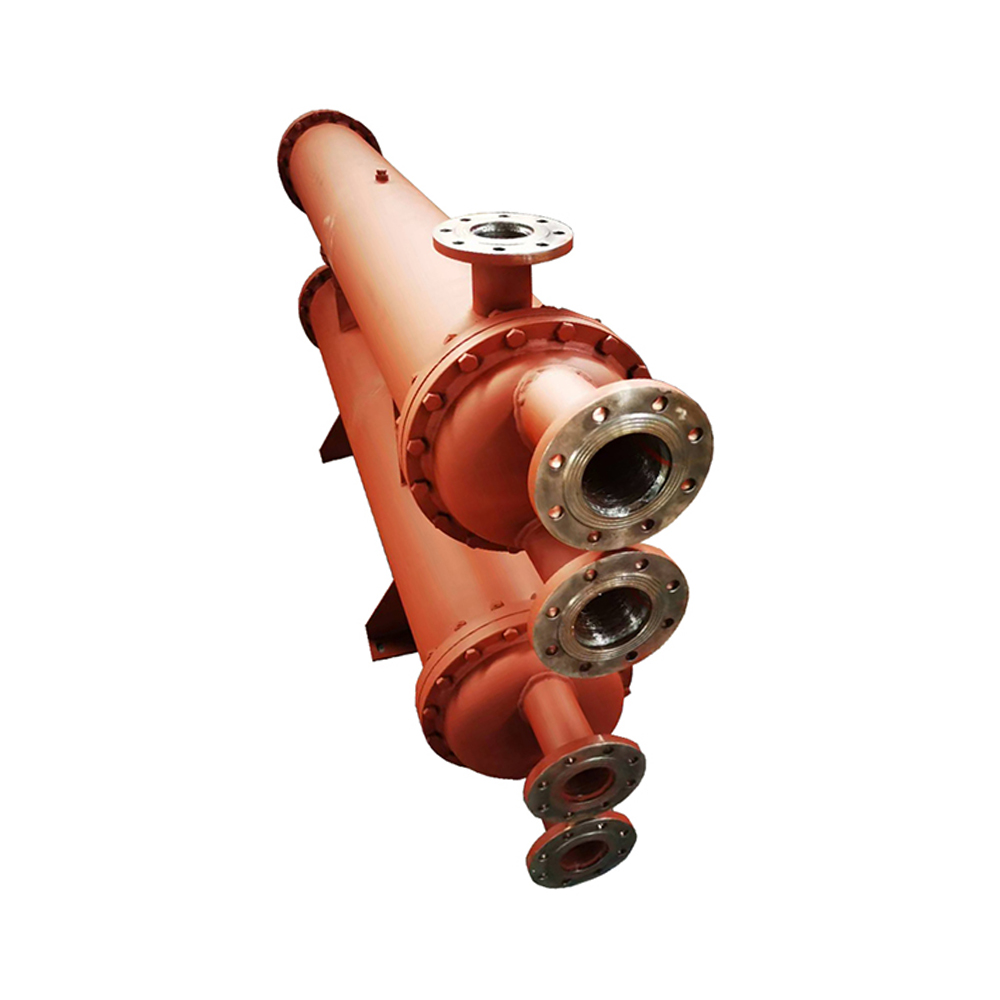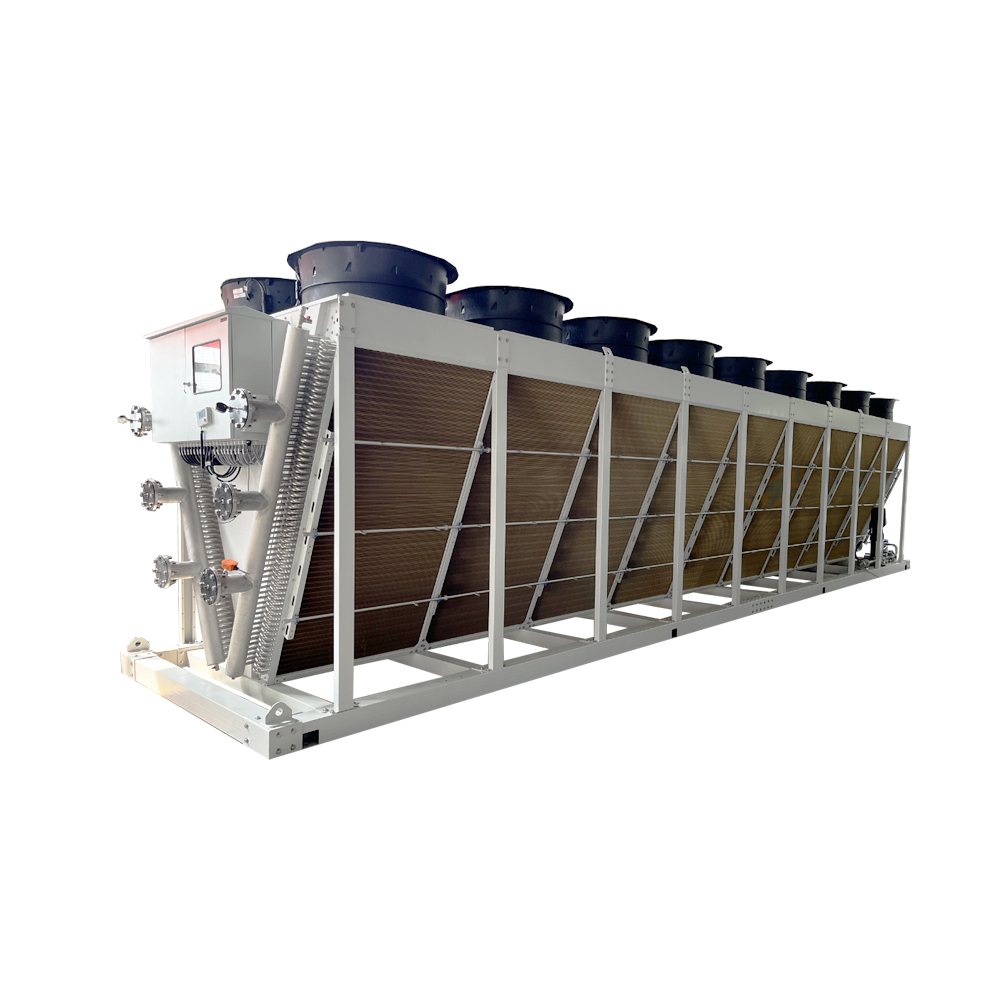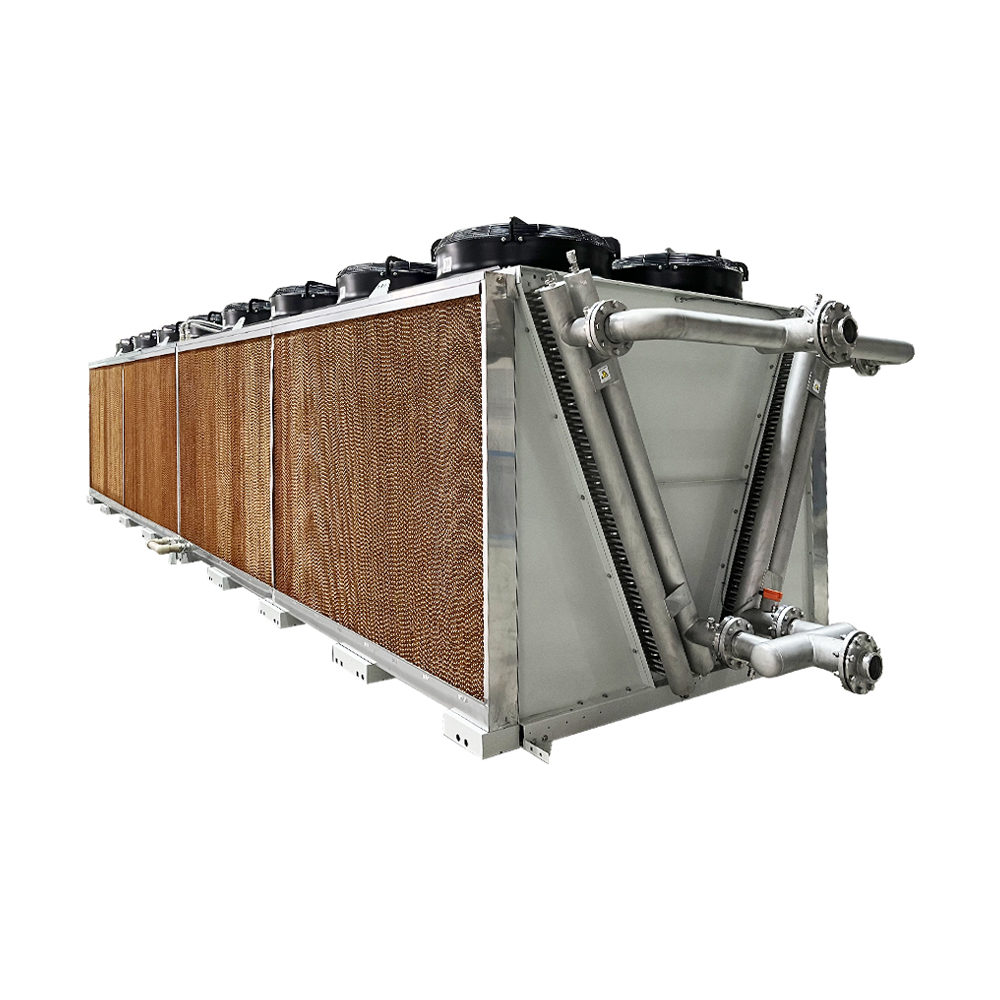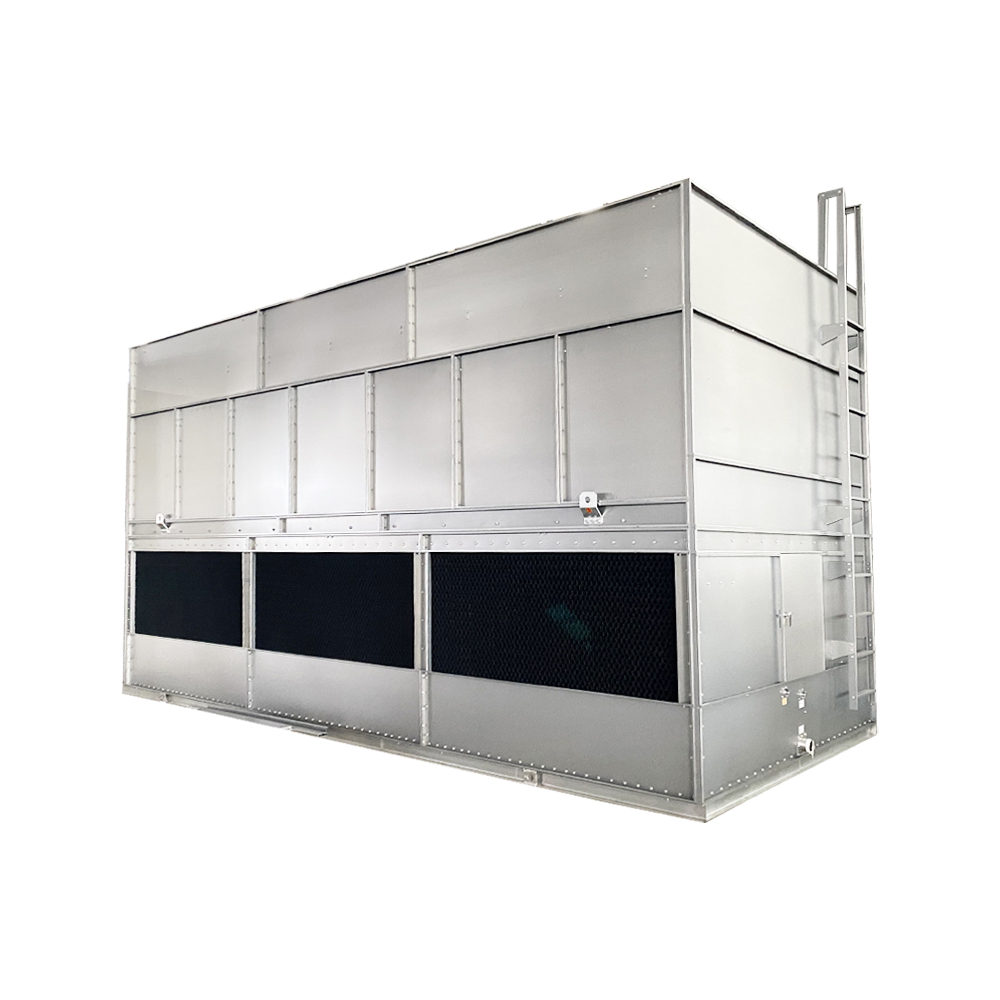This guide provides a detailed overview of China heat exchanger coils, covering their types, applications, selection criteria, and key considerations for buyers. We'll explore various factors to help you make informed decisions when choosing the right coil for your specific needs.
Understanding Heat Exchanger Coils
What are Heat Exchanger Coils?
Heat exchanger coils are crucial components in various industrial and commercial applications. They facilitate efficient heat transfer between two fluids, enabling processes like heating, cooling, or temperature regulation. These coils are typically constructed from materials like copper, stainless steel, or aluminum, chosen based on the application's requirements for corrosion resistance, heat transfer efficiency, and operating temperature range. In China, a vast manufacturing base produces a wide variety of these coils, catering to diverse industries.
Types of Heat Exchanger Coils
China heat exchanger coils are available in numerous configurations, each designed for specific applications. Common types include:
- Plate Heat Exchanger Coils: Known for their compact design and high efficiency.
- Shell and Tube Heat Exchanger Coils: Suitable for high-pressure and high-temperature applications.
- Finned Tube Heat Exchanger Coils: Designed to maximize surface area for enhanced heat transfer, often used in air conditioning and refrigeration systems.
- Spiral Heat Exchanger Coils: Offer compact design and high efficiency with self-cleaning capabilities.
Selecting the Right China Heat Exchanger Coil
Factors to Consider
Choosing the appropriate China heat exchanger coil involves considering several critical factors:
- Application Requirements: The specific process, temperature range, pressure, and fluid characteristics influence coil selection.
- Material Selection: Material compatibility with the fluids and operating conditions is crucial. Copper offers excellent heat transfer, while stainless steel provides superior corrosion resistance. Aluminum is a lightweight and cost-effective option.
- Coil Design: The type of coil (plate, shell and tube, finned tube, spiral) must align with the application's needs for heat transfer efficiency, pressure handling, and compactness.
- Manufacturer Reputation: Selecting a reputable manufacturer like Shanghai SHENGLIN M&E Technology Co.,Ltd is crucial to ensure quality and reliability.
Applications of China Heat Exchanger Coils
Industries Utilizing Heat Exchanger Coils
China heat exchanger coils find widespread use across various sectors including:
- HVAC (Heating, Ventilation, and Air Conditioning): For heating and cooling in buildings and industrial facilities.
- Refrigeration: In refrigeration systems for food processing, cold storage, and other applications.
- Chemical Processing: In chemical reactors, heat exchangers, and other process equipment.
- Power Generation: In power plants for heat recovery and efficient energy utilization.
- Automotive: In vehicle cooling systems.
Quality and Reliability of China Heat Exchanger Coils
Ensuring Product Quality
The quality of China heat exchanger coils varies significantly depending on the manufacturer. Reputable manufacturers implement rigorous quality control measures, ensuring consistent performance and longevity. Look for manufacturers with certifications and established track records.
Cost Considerations for China Heat Exchanger Coils
Pricing Factors
The cost of China heat exchanger coils is influenced by factors such as material, coil design, size, and manufacturing complexity. While China often offers competitive pricing, it's essential to balance cost with quality and reliability.
| Material | Typical Cost Range | Advantages | Disadvantages |
| Copper | Medium-High | Excellent heat transfer, good corrosion resistance | Relatively expensive |
| Stainless Steel | High | Excellent corrosion resistance, high durability | Higher cost, lower heat transfer efficiency compared to copper |
| Aluminum | Low-Medium | Lightweight, cost-effective, good heat transfer | Lower corrosion resistance than stainless steel |
This guide provides a foundation for understanding China heat exchanger coils. Remember to always consult with manufacturers and engineers to ensure you select the optimal coil for your specific application requirements.









